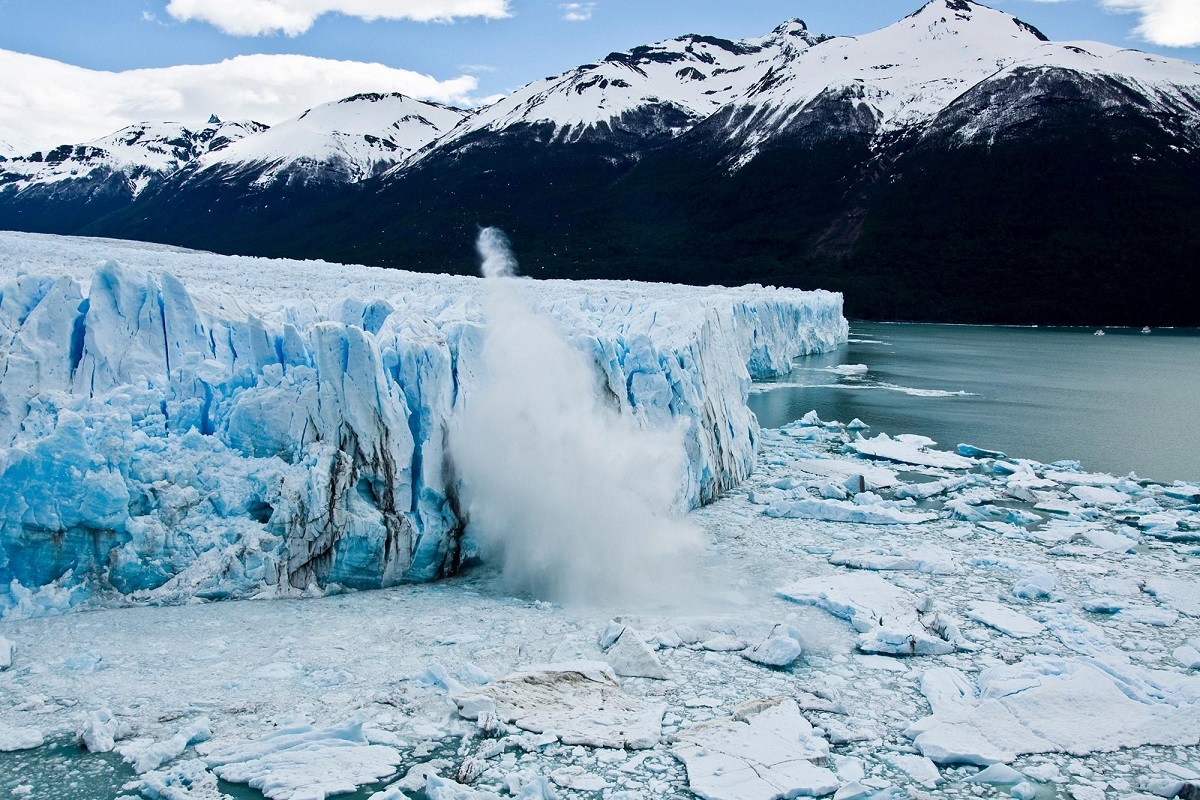Glaciers in Andes found to be retreating: Study
| Date :05-Aug-2024 |

NEW DELHI :
TROPICAL glaciers of South America have retreated to their lowest since the last ice age ended 11,700 years, a new study published in the journal Science has found.
While scientists around the world have predicted glaciers to melt as temperatures in the tropics warm, the study’s analysis of rocks near four glaciers in the Andes Mountains shows that the retreat has happened far faster and already passed an alarming cross-epoch benchmark, co-author Jeremy Shakun, an associate professor of earth and environmental sciences at the Boston College in the US has said. The Andes is the primary mountain range in South America and also the world’s longest, extending from south to north through countries, including Argentina, Chile and Bolivia.
The findings signal that more of the world’s glaciers are likely retreating far faster than predicted, possibly decades ahead of a grim climatological schedule, according to the authors. “Our data imply that many glaciers in the tropics are probably now smaller than they have been in at least 11,700 years, making the tropics the first large region where this milestone has been documented,” they wrote.
Further, “given that modern glacier retreat is mostly due to rising temperatures – as opposed to less snowfall, or changes in cloud cover – our findings suggest the tropics have already warmed outside their Holocene range and into the Anthropocene,” Shakun said. In other words, the glaciers may no longer be
classified as being of the Holocene period, but, instead, may be best classified as being of the Anthropocene period, which may well be “spelling their end.”